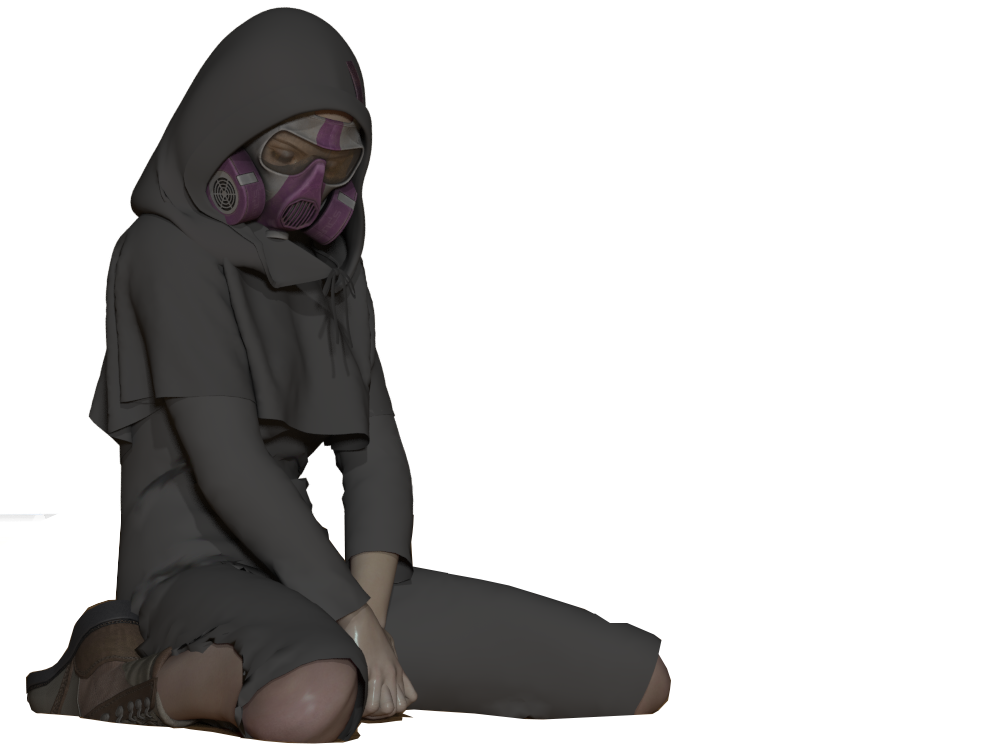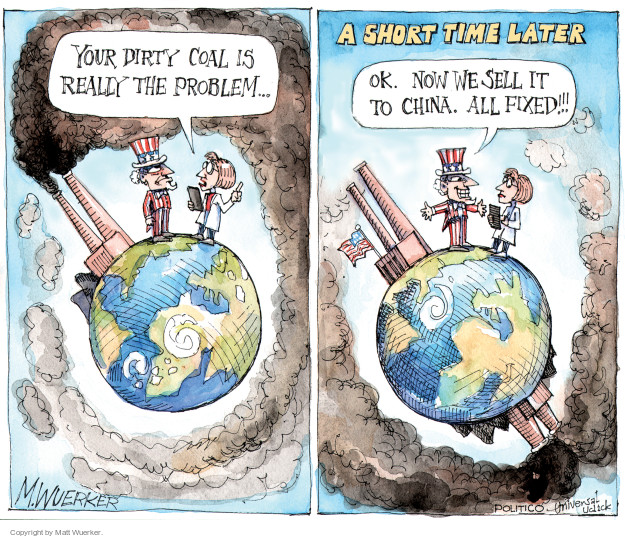Air pollution is a colossal and growing problem
Nevertheless it receives little attention in comparison with other hazards. Covid is a perfect example. In the 2½ years that it dominated the news from morning to night, it claimed about 6 million deaths. In the same period conservative estimates show that air pollution was responsible for more than 20 million deaths, but very few of them ever reached a front page.
CO2 concentrations in the atmosphere
Carbon dioxide is a gas that is released into the atmosphere by natural sources and human activities. Until recently natural CO2 was absorbed by natural carbon sinks. This had kept carbon dioxide levels balanced and in a safe range. But human sources have upset the natural balance by adding extra carbon dioxide to the atmosphere without removing any. It is a potent greenhouse gas and a major cause of global warming.
Although the grave danger of excessive CO2 in the atmosphere has been recognized for decades, no meaningful action has been taken. There have been lots of international conferences but they have all failed to produce any tangible results, mainly because most countries use them to lie about what they are doing and lie even more about what they are going to do.
In the meantime CO2 concentrations in the atmosphere have been growing steadily and show no sign of slowing down.
In 2023 CO2 emissions again reached their highest level in human history. They will be higher again this year. In the first week of January 2024 the concentration of CO2 in the atmosphere was already 3 ppm higher than the corresponding week in 2023.

click image for more information
Methane emissions
Methane is another potent greenhouse gas that makes a major contribution to global warming. In 2021 its concentration in the atmosphere increased by the largest amount since measurements began.
At present 60% of methane emissions are from human sources (agriculture, energy, coal, oil, natural gas and biofuels) while the remaining 40% are from natural sources. As the earth warms up, natural emissions are expected to rise dramatically, which will cause temperatures to rise further, creating a vicious circle of rising temperatures and rising emissions, until the temperatures become so high that humans will no longer be able to survive them.
Particulate matter
The burning of fossil fuels not only produces greenhouse gases but also solid particles, known as particulate matter (PM). In 2018 it killed more than 8 million people. According to the World Health Organization PM affects more people than any other pollutant. It consists of very small particles of a variety of chemicals that enter the body with serious damage to health, which may lead to premature death in people with heart or lung disease, to heart attacks, aggravated asthma, decreased lung function and a variety of increased respiratory problems. Its effect on the environment is equally harmful, making lakes and streams acidic, changing the nutrient balance in coastal waters and large river basins, depleting the nutrients in soil, damaging sensitive forests and farm crops, affecting the diversity of ecosystems, contributing to acid rain and undoubtedly killing large numbers of wild animals.
Particulate matter also includes microplastics and nanoplastics, which are particularly harmful forms of pollution, because they keep breaking down into ever smaller fragments that can enter ever deeper into living tissue, where they can do severe damage.
CFCs, HFCs and HCFCs
Chlorofluorocarbons are gases that were destroying the Ozone layer in the nineties. They represent one of the very few successful responses of the global community to an environmental threat. They were banned and the hole in the ozone layer stabilized and started to close. Unfortunately the gases replacing them - hydrofluorocarbons and hydrochlorofluorocarbons - though not harmful for the ozone layer are also powerful greenhouse gases.
"I'm always amazed at the human capacity to not make fundamental changes, but instead merely adapt. I see these pictures of people in Beijing and New Delhi, walking around with masks on, because you can't walk outside your house and breathe. If you can't breathe?....If that's not the cue to make a fundamental change, I don't know what is!"
Bill Maher
"Air pollution is my biggest concern right now. Maybe because I live in Beijing, and in this city we have such severe challenges due to bad air quality. It has affected our daily lives and health. I do not go outdoors because of it. I desperately hope that we can improve the current situation.
"
Li Bingbing




